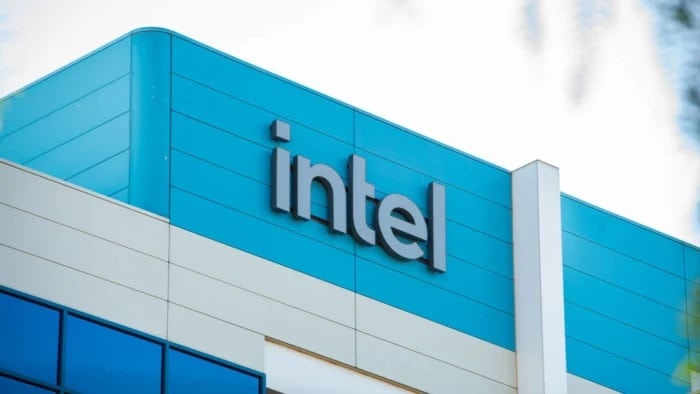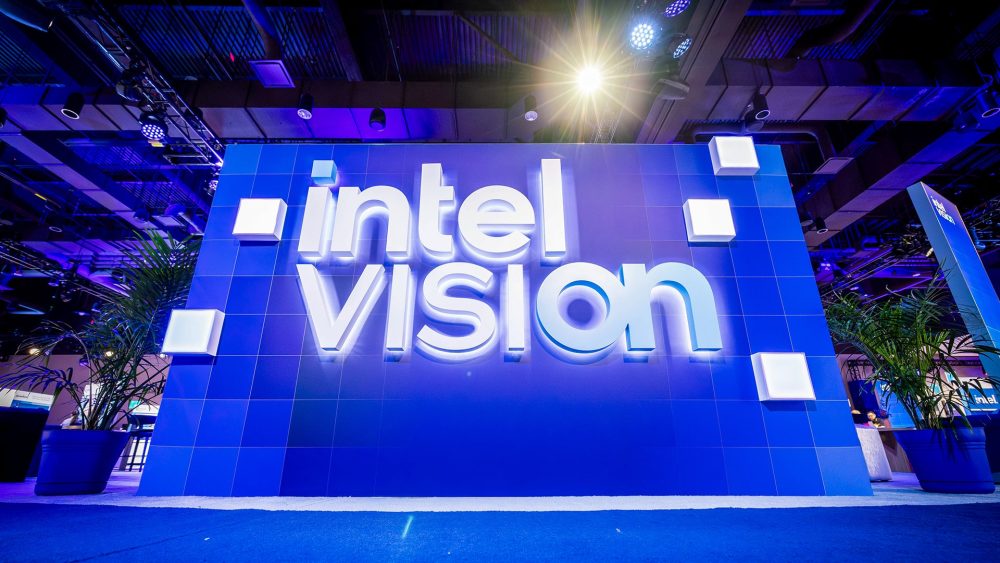The White House is considering a drastic move to boost American chip production — and it might give struggling Intel the lifeline it desperately needs.
The Proposed Rule: Make Chips in the US or Pay Up
According to the Wall Street Journal, the Biden administration is weighing a new requirement for semiconductor companies:
For every chip their U.S. customers import from overseas, they must produce one inside the United States; a 1:1 ratio.
Companies that don’t comply could face tariffs as high as 100%.
Commerce Secretary Howard Lutnick has reportedly told chip executives this could be necessary for economic and national security.
The goal?
Reduce reliance on foreign fabs (especially in Asia)
Boost U.S. manufacturing capacity
Attract chipmakers to use domestic foundries
And this is where Intel enters the story.
Struggling Giant in Need of Customers
Intel has had a rough few years. Its factories (foundries) are losing money of over $13 billion in the last year, and the company is desperate to attract outside clients to utilize its manufacturing technology.
A New CEO and Big Support
Since March, new CEO Lip-Bu Tan has:
- Cut the workforce to hit a target of 75,000 employees
- Scored major funding:
- $8.9 billion in government support, fast-tracked
- $2 billion from SoftBank
- $5 billion investment from Nvidia
But all this cash doesn’t solve Intel’s biggest problem:
Its foundries don’t have enough customers
Intel is rumored to be in talks with Apple not to sell chips, but to manufacture Apple’s chips in Intel factories instead of relying on Taiwan’s TSMC.
If the U.S. enforces the 1:1 production rule, American fabless companies (such as Apple, Qualcomm, AMD, and Nvidia) may be required to start producing chips domestically, making Intel a natural candidate.
No customers = no future for Intel’s foundry plans.
Technical Troubles Don’t Help
Intel’s in-house chipmaking tech, especially its upcoming 18A process, has had setbacks:
- Its Panther Lake chips using this node suffered from poor yields
- Yields are improving, but slowly
- The follow-up Nova Lake chips may have to rely on TSMC’s N2 node instead of an embarrassing sign of doubt
Even worse:
Intel admitted in official filings that it may pause or drop its 14A node entirely if it can’t secure outside clients.
Government Policy Could Change Everything
If the rumored rule becomes real, chipmakers would have a choice:
Manufacture in the U.S. at facilities like Intel’s
Or pay crushing tariffs on imports
Intel’s stock jumped more than 4% after reports of the proposal.
But there are challenges:
- Switching from TSMC’s process to Intel’s nodes isn’t quick or easy
- Chip redesigns can take years
- TSMC is also building fabs in Arizona, meaning competitors could comply without using Intel at all
So the future depends on this:
If Intel’s Panther Lake and Nova Lake chips perform well and its 18A node stabilizes, it could become the go-to U.S. manufacturing partner.
If not?
Even government help might not save its foundry dream.
Big Takeaway
A 1:1 domestic chip mandate could:
- Force U.S. companies to shift production stateside
- Make Intel a major beneficiary
- Shake up global chip production dynamics
However, Intel must prove that its technology works, or risk rivals taking the win on its home turf.


